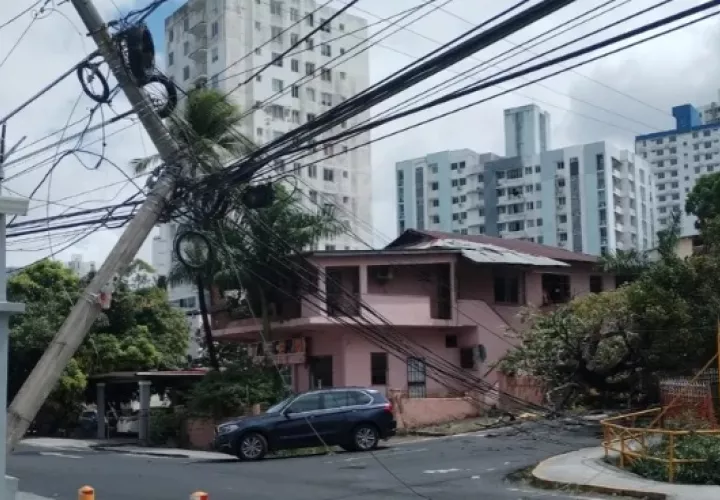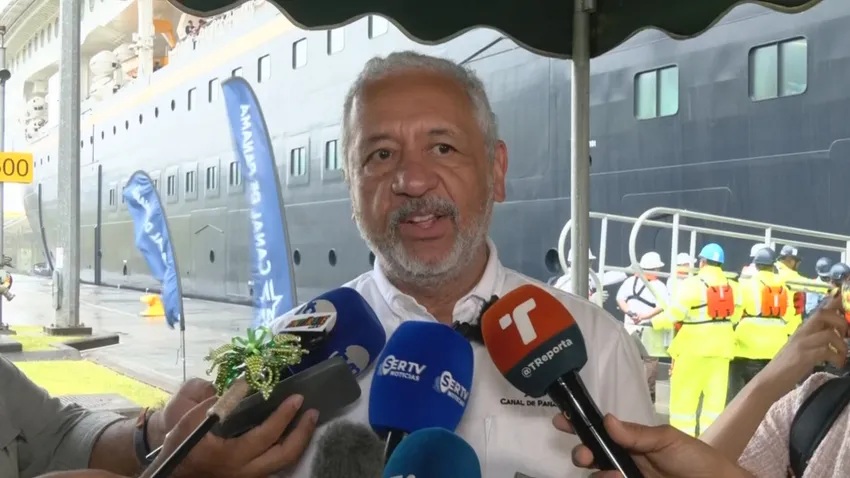WHAT THE PAPERS SAY: Its not who you vote for, but what

WITH CHRISTMAS and the seasonal of goodwill over, the gloves will be off in Panama in the five months run up to the elections with the Tweeters of the political junkies trading promises, insults, calumnies and lies.

A December 25 op ed piece Miguel A. Erroz G in La Prensa reminds us that more than political chutzpa is needed to change the future of democracy in Panama and other Latin American countries and why in May 2014 many will say: plus ca change.
ONE DREAMS of enlightened leaders to rid society of the chains of corruption and arbitrariness. For this dream to be real, a political system that facilitates the emergence of governing fairly and impartially to all alike is required.
You dream because the reality is different. The history of delegation in our countries is overwhelming. Once in power, the groups use positions of authority to enrich themselves illegally and with impunity. Do we have to choose between who ? Every day we come across working people we know who act honestly. We deserve that of our politicians, but elections alone do not facilitate this democratic objective.
But when he arrives, first he must take responsibility for the organizational structure of government and the coercive incentives it produces.
It gives too much power to the Executive, but trusts that they will act differently than a dictator. For example, constitutions give the Executive the power to make decisions about the career of almost every public servant, but as it is written in them that prosecutors and others "are independent”, the misinformed expectation is that they can act independently. The reality is that public servants are pressured to support the political and personal interests of their benefactor, otherwise they risk being exchanged. Under this system, leaders can arbitrarily, through public servants, provide benefits and punishments to other members of society. As in a dictatorship affiliates ant their political managers, win much, while the average citizen is harmed (injustice, poor services, lack of representation, arbitrariness, etc. permeates the economy.)
Politicians are not free or independent under this system. It is important that they use all the tools at their disposal to appease their supporters and allies. The vice of our system is that it provides a number of enforcement tools, which include being the deciding authority on public office, favoritism and impunity. Given a choice, supporters gravitate towards politicians willing to give all their staff what they desire.
This places the candidates that act with honesty – those who refuse to use the power of their position to benefit – at a grave electoral disadvantage. It is tempting to conclude that the solution for politicians to act with honesty comes when enough citizens guided by altruism contribute actively in political campaigns in order to make a counterweight to those who contribute only for personal investment. This proposition fails however, and does not take into consideration all the facts.
Consider that the dominant strategy is to use cronyism within parties: the promise of favors to discreetly recruit more sponsors and money to those who do not, excel. In this environment the political aspirant who follows the spirit of the law is discarded, and the contributing citizen with good intentions is disappointed.
In short, it is disadvantageous to deviate from the dominant strategy. The result is, massive, corruption and too many people looking for opportunities or successful businesses have been forced to make alliances with those groups willing to grant "favors." In each round the patronage rivalry leads to new heights. Your destination is the autocracy. Even with the electoral democratization in Latin America. Little has changed in the internal structure of their governments. Constitutions persist that create Public servants designed to produce submission via patronage, to an elite. The solution is not to evolve the political citizen or it is in attempting to evolve the governmental structure so that the dominant strategy is different. There are constitutions that create better incentives based on public servants who enjoy a high degree of insulation from political coercion, this includes prosecutors, regulators and many others, whose method of selection and career paths and do not rotate in the hands of politicians.
But how to change the structure when those practicing cronyism are the only ones with a real chance of being elected? The recognition that citizenship is not perfect, does not mean that you have a strong desire for justice and participation. At some point a change in government structure will be achieved without entering politics via a parallel constituency. But the task is to change the question from “who “to "what to support.”





